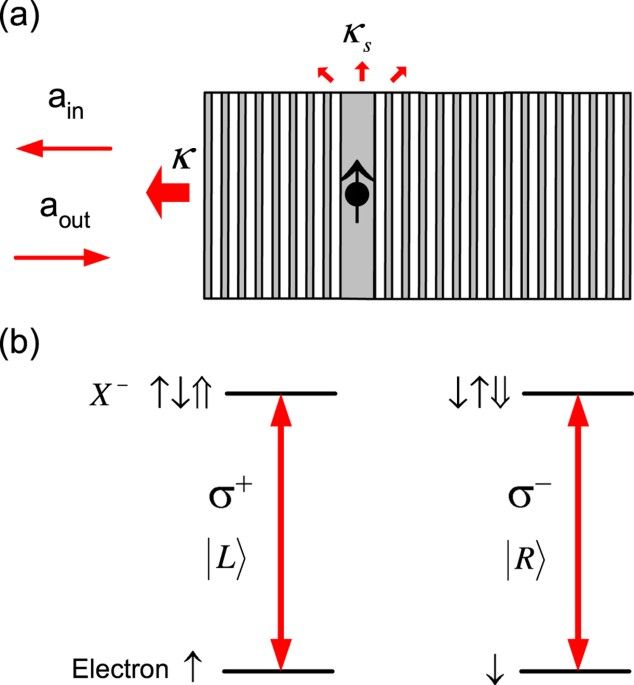The Strawberry Supermoon is here to welcome summer time.
The Strawberry Supermoon will shine bright in the night skies on June 24, marking the third and last Supermoon of the year.


Geologic activity on Earth appears to follow a 27.5-million-year cycle, giving the planet a ‘pulse,’ according to a new study published in the journal Geoscience Frontiers.
“Many geologists believe that geological events are random over time. But our study provides statistical evidence for a common cycle, suggesting that these geologic events are correlated and not random,” said Michael Rampino, a geologist and professor in New York University’s Department of Biology, as well as the study’s lead author.
Over the past five decades, researchers have proposed cycles of major geological events—including volcanic activity and mass extinctions on land and sea—ranging from roughly 26 to 36 million years. But early work on these correlations in the geological record was hampered by limitations in the age-dating of geologic events, which prevented scientists from conducting quantitative investigations.

Microsoft will soon announce the next version of Windows on June 24. But before that happens, the company has already declared that it’s ending support for Windows 10 on October 14, 2025.
As noted by Thurrott, this is the first time the firm has specified an end date for the entire operating system. Windows 10 was originally unveiled in 2015, so it will have had a good run of 10 years — suits its name too.
What does it mean for you when Microsoft will end support for Windows 10? Well, for starters, you’ll stop receiving software updates, and there will be no new features added to the operating system.

Circa 2017
The future Internet is very likely the mixture of all-optical Internet with low power consumption and quantum Internet with absolute security. The optical regular Internet would be used by default, but switched over to quantum Internet when sensitive data need to be transmitted. PT and and its counterpart in the quantum limit SPT would be the core components for both OIP and QIP in future Internet. Compared with electronic transistors, PTs/SPTs potentially have higher speed, lower power consumption and compatibility with fibre-optic communication systems.
Several schemes for PT6,7,8,9,10 and SPT11,12,13,14,15,16,17 have been proposed or even proof-of-principle demonstrated. All these prototypes exploit optical nonlinearities, i.e., photon-photon interactions18. However, photons do not interact with each other intrinsically, so indirect photon-photon interactions via electromagnetically induced transparency (EIT)19, photon blockade20 and Rydberg blockade21 were intensively investigated in this context over last two decades in either natural atoms22,23 or artificial atoms including superconducting boxes24,25 and semiconductor quantum dots (QDs)12,13. PT can seldom work in the quantum limit as SPT with the gain greater than 1 because of two big challenges, i.e., the difficulty to achieve the optical nonlinearities at single-photon levels and the distortion of single-photon pulse shape and inevitable noise produced by these nonlinearities26. The QD-cavity QED system is a promising solid-state platform for information and communication technology (ICT) due to their inherent scalability and matured semiconductor technology. But the photon blockade resulting from the anharmonicity of Jaynes-Cummings energy ladder27 is hard to achieve due to the small ratio of the QD-cavity coupling strength to the system dissipation rates12,13,28,29,30,31,32 and the strong QD saturation33. Moreover, the gain of this type of SPT based on the photon blockade is quite limited and only 2.2 is expected for In(Ga)As QDs12,13.
In this work, a different PT and SPT scheme exploiting photon-spin interactions rather than photon-photon interactions is proposed based on a linear quantum-optical effect — giant optical Faraday rotation (GFR) induced by a single QD-confined spin in a single-sided optical microcavity34. This spin-cavity transistor is genuinely a quantum transistor in three aspects: it is based on a quantum effect, i.e., the linear GFR; it has the duality as a quantum gate for QIP and a classical transistor for OIP; it can work in the quantum limit as a SPT to amplify a single-photon state to Schrödinger cat state. Therefore this new-concept transistor can be more powerful than the traditional electronic transistors. Theoretically the maximum gain can reach ~105 in the state-of-the-art pillar microcavity, several orders of magnitude greater than previous PT/SPT schemes6,7,8,9,10,11,12,13,14,15,16,17. The large gain is attributed to the linear GFR that is robust against classical and quantum fluctuations and the long spin coherence time compared with the cavity lifetime. The maximal speed which is determined by the cavity lifetime has the potential to break the terahertz (THz) barrier for electronic transistors35,36. Based on this versatile spin-cavity transistor, optical Internet1, quantum computers (QCs)37,38 (either spin-cavity hybrid QCs or all-optical QCs), and quantum Internet4 could become reality even with current semiconductor technology.

If you’d been able to stare at Earth from space during the late Cretaceous, when Tyrannosaurus rex and Triceratops roamed, it would’ve looked like the whole planet had tipped over on its side.
According to a new study, Earth tilted by 12 degrees about 84 million years ago.
“A 12-degree tilt of the Earth could affect latitude that same amount,” Sarah Slotznick, a geobiologist at Dartmouth College and co-author of the new study, told Insider.
For the first time, scientists from the ALPHA collaboration at CERN reported successfully manipulating antimatter with the use of a laser system — potentially changing antimatter research and guide future experiments on the field.
Antimatter basically refers to the opposite of matter. Specifically, antimatter has sub-atomic particles whose properties (such as electric charge) are the opposite of normal matter. Most of the challenges surrounding the detection and observation of antimatter come from the fact that it immediately “annihilates” when it comes into contact with normal matter.
The ALPHA collaboration scientists report their findings in the article “Laser cooling of antihydrogen atoms,” appearing in the latest journal Nature, March 31.

A few days ago, millions of tons of super-heated gas shot off from the surface of the sun and hurtled 90 million miles toward Earth.
The eruption, called a coronal mass ejection, wasn’t particularly powerful on the space-weather scale, but when it hit the Earth’s magnetic field it triggered the strongest geomagnetic storm seen for years. There wasn’t much disruption this time—few people probably even knew it happened—but it served as a reminder the sun has woken from a yearslong slumber.
While invisible and harmless to anyone on the Earth’s surface, the geomagnetic waves unleashed by solar storms can cripple power grids, jam radio communications, bathe airline crews in dangerous levels of radiation and knock critical satellites off kilter. The sun began a new 11-year cycle last year and as it reaches its peak in 2025 the specter of powerful space weather creating havoc for humans grows, threatening chaos in a world that has become ever more reliant on technology since the last big storms hit 17 years ago. A recent study suggested hardening the grid could lead to $27 billion worth of benefits to the U.S. power industry.

The arguments over NFTs in science are similarly heated, with some saying they provide an incentive to showcase science to the public; a new method of fundraising; and even a way for people to earn royalties when pharmaceutical companies buy access to their genomic data. Others say that NFTs — which operate in a similar way to digital cryptocurrencies — are just needless energy pouring into a market bubble that’s sure to burst.
Is a trend of auctioning non-fungible tokens based on scientific data a fascinating art fad, an environmental disaster or the future of monetized genomics?

